
2D-Barcodes
2D barcodes overview
The 2D barcode consists of two or more rows of characters arranged vertically. The 2D barcodes consist of either stacked 1D codes (so-called stacked barcodes) or matrix codes
Matrix-Codes
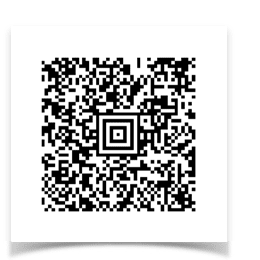
Azteccode
The barcode is also known as Aztec Barcode, and ANSI/AIM BC13 ITS/97/002.
The barcode Azteccode is a 2D barcode with dark and bright square data modules. The barcode has a search pattern of concentric squares positioned in the center of the symbol.
Application area: transportation
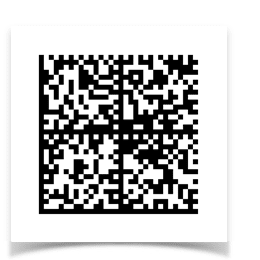
DataMatrix 200
The barcode is also known as Data Matrix, ECC200.
The barcode DataMatrix 200 is a 2D-matrix code that can be used for coding text and numerical data. The barcode can store up to 2,335 alphanumeric characters. DataMatrix codes have a good error correction, which means that the information can be restored even if the barcode is damaged. DataMatrix codes are more secure than QR codes and are therefore preferred in high-security scenarios.
The data can be compressed using one of the following algorithms:
- Ascii: Algorithm is used to encode data that mainly contains ASCII characters (0-127).
- C40: Algorithm is used to encode data that contains mainly numeric characters and uppercase letters.
- Text: Algorithm is used to encode data that contains mainly numeric characters and lowercase letters.
- Base256: Algorithm is used to encode 8-bit values.
Application area: postal system, health care, industries, military sectors
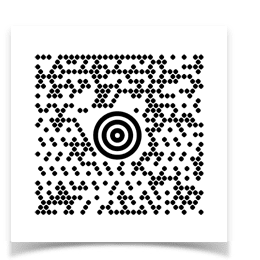
Maxicode
The barcode is also known as MaxiCode, Maxi Code, UPS barcode, and United Parcel Service MaxiCode.
The Barcode MaxiCode is a 2D-Matrix-Code with fixed size, which consists of offset lines of hexagonal modules arranged around a search pattern. The 2D matrix code Maxicode (UPS) has been developed for the fast, automated scanning of mail pieces on high-speed conveyors.
Application area: transportation, logistics
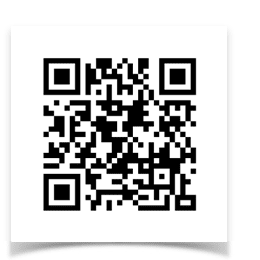
Qrcode
The barcode is also known as Denso Barcode, QRCode, Quick Response Code, JIS X 0510, and ISO/ IEC18004.
The barcode Qrcode is a 2D code with very high data density. In practice, up to several hundred bytes are encoded in a single symbol. Each point in a Qrcode represents one bit. In contrast to 1D barcodes, which usually encode information relative to each other in the ratio of the bars or spaces, a Qrcode is more tolerant to poor print quality. A single symbol can contain up to 4,296 alphanumeric characters or 2,953 binary bytes. Error correction algorithms allow scanning of damaged symbols.
Application area: mobile devices, industries
Stacked-Codes
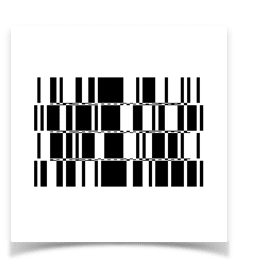
Databar Expanded Stacked
The barcode is also known as RSS Expanded Stacked.
The barcode DataBar Expanded Stacked is a multi-level stacked version of the DataBar Expanded barcode. It can be printed in widths of two to 20 segments and can have two to 11 rows. The barcode is used when the symbol area or printing mechanism is not wide enough to accommodate the full single-row DataBar Expanded barcode.
Application area: coupons
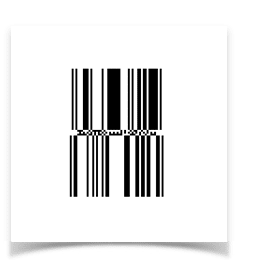
Omnidirect Stacked
The barcode is also known as RSS 14 Stacked Omnidirectional, Reduced Space Symbology 14 Stacked Omnidirectional, and GS1 DataBar Stacked Omnidirectional.
The barcode Omnidirect Stacked is a two-row (stacked) version of the barcode Omnidirect in standard height. The barcode is used for retail applications that are combined with omnidirectional scanners.
Application area: trade, health care
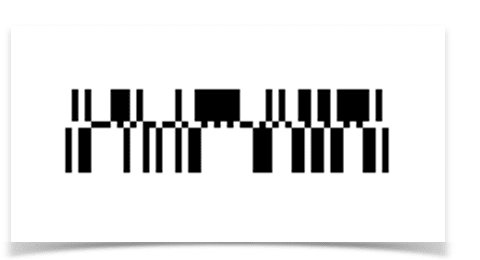
Truncated Stacked
The barcode is also known as RSS Expanded Stacked.
The barcode Truncated Stacked is a two-row (stacked) version of Omnidirect, a height reduced barcode. The barcode is used in applications for small-volume objects which are not detected by omnidirectional scanners.
Application area: trade
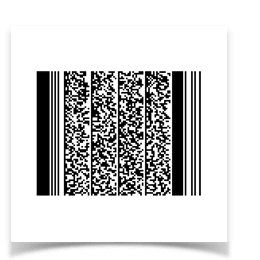
PDF 417
The barcode is also known as Compact Portable Data File 417, Compact PDF 417, and PDF417 Truncated.
The barcode PDF 417 is a 2D barcode based on stacked barcodes (stacked code). The characters used are encoded in codewords. A codeword consists of 17 modules each consisting of 4 bars and 4 spaces. The barcode is compact and contains flexible code with variable length. You can encode up to 1108 bytes.
Application area: transportation, logistics, inventory management
2D barcode subdivision
The 2D barcode can be divided into matrix code and stacked barcode. The matrix code is a 2D code consisting of polygonal, mostly quadrangular groups of data cells with a typical orientation feature on which the code type can be recognized. Matrix codes have a high information density, which, depending on the matrix size, is about 15 times higher than that of barcodes. Stacked barcodes are based on linear barcodes that are packed over each other with short bar lengths. In other words a stack barcode consists of several lines with dashes and spaces.
Discover more barcode types
Barcode Solutions with Compart
-
Years of project experience in barcode processing
Compart has one of the largest barcode implementations in the industry in more than 40 countries. The DocBridge® solutions are able to read, create and process / print the world's most popular barcodes for a variety of different data streams (AFP, Prescribe, etc.).
-
Guaranteed readability of barcodes
All Compart solutions include algorithms to prevent the inkjet bleeding effect when printing barcodes. They guarantee 100% readability at all times, even when scaling the barcodes.
-
Concentration on the core business
Users of Compart solutions don't need to worry about establishing barcode processing. The necessary know-how is provided by Compart.
Create barcodes with
professional software
DocBridge products are capable of creating,
managing and using barcodes
to optimize your business processes.


